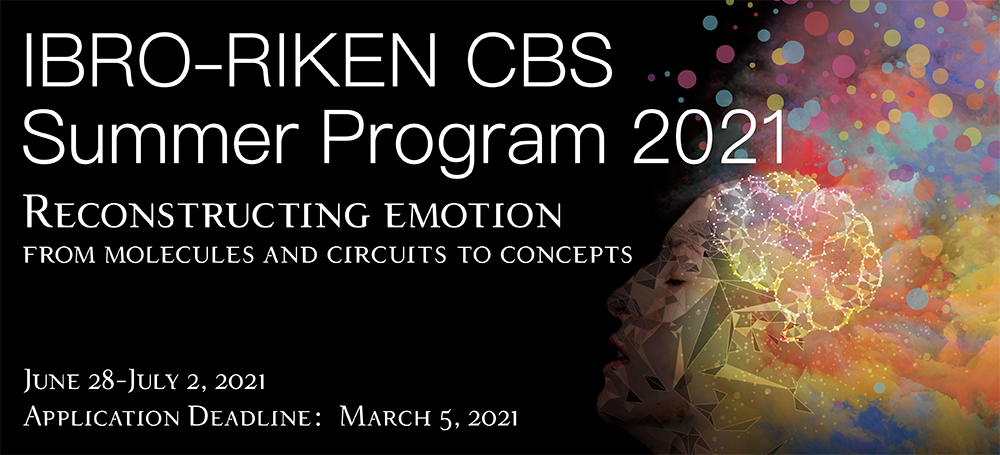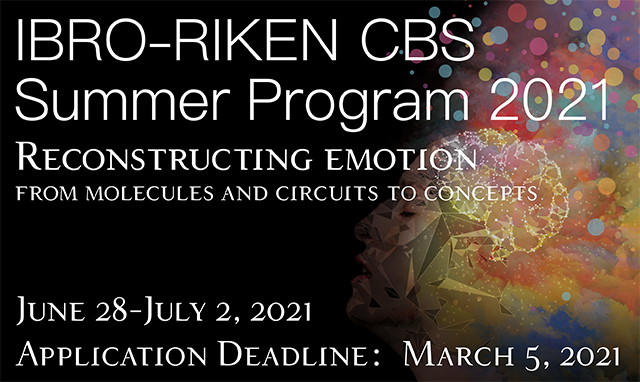

[L1] Neural control of internal states and innate behaviors
Lecturer
Date/Time
June 22, 2021 9:00am-10:20am
Abstract
Behaviors that are fundamental to animal survival, such as mating or the fight-or-flight response, are driven by internal emotional or motivational states. In humans, these brain states are subjectively experienced and expressed as “feelings,” such as desire, rage, or terror. Understanding the causal brain mechanisms that govern these states, using powerful new tools such as optogenetics and calcium imaging, should ultimately lead to better treatments for neuropsychiatric disorders. However, such invasive and perturbative studies are best performed in animal models. This poses the problem of how to study an animal’s internal state in the absence of information about subjective feelings. Operant conditioning can be used to measure motivational states underlying homeostatic behaviors, but are more difficult to apply to naturalistic social behaviors and invertebrate model organisms. As an alternative, we have begun to study “emotion primitives,” meta-behavioral features generally exhibited by state-dependent but not reflexive responses. These features include persistence, scalability, valence and generalization. They can be thought of as evolutionary “building blocks” of emotion. In this talk I will describe our efforts to understand the neural encoding of these primitives, using both flies and mice as model systems.



